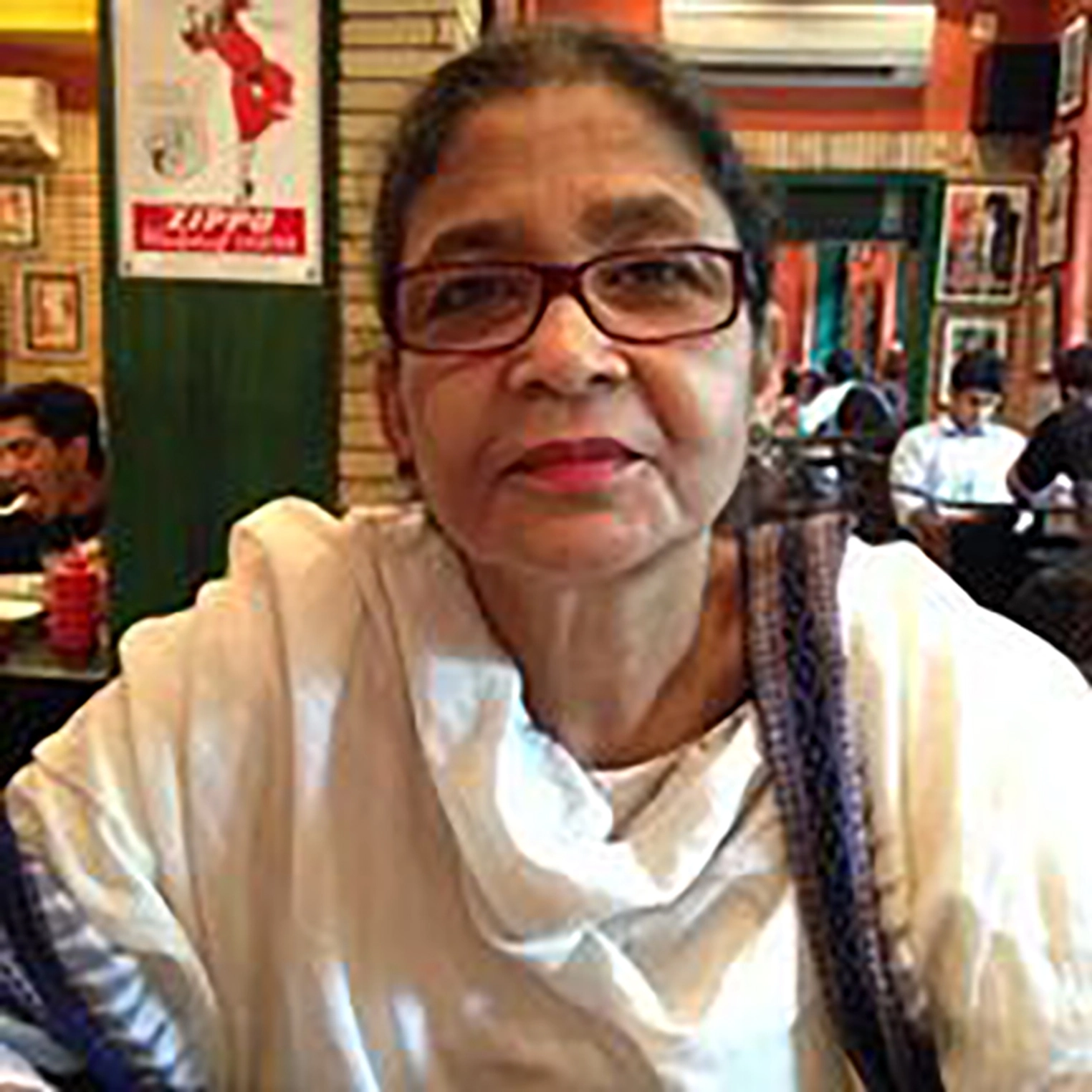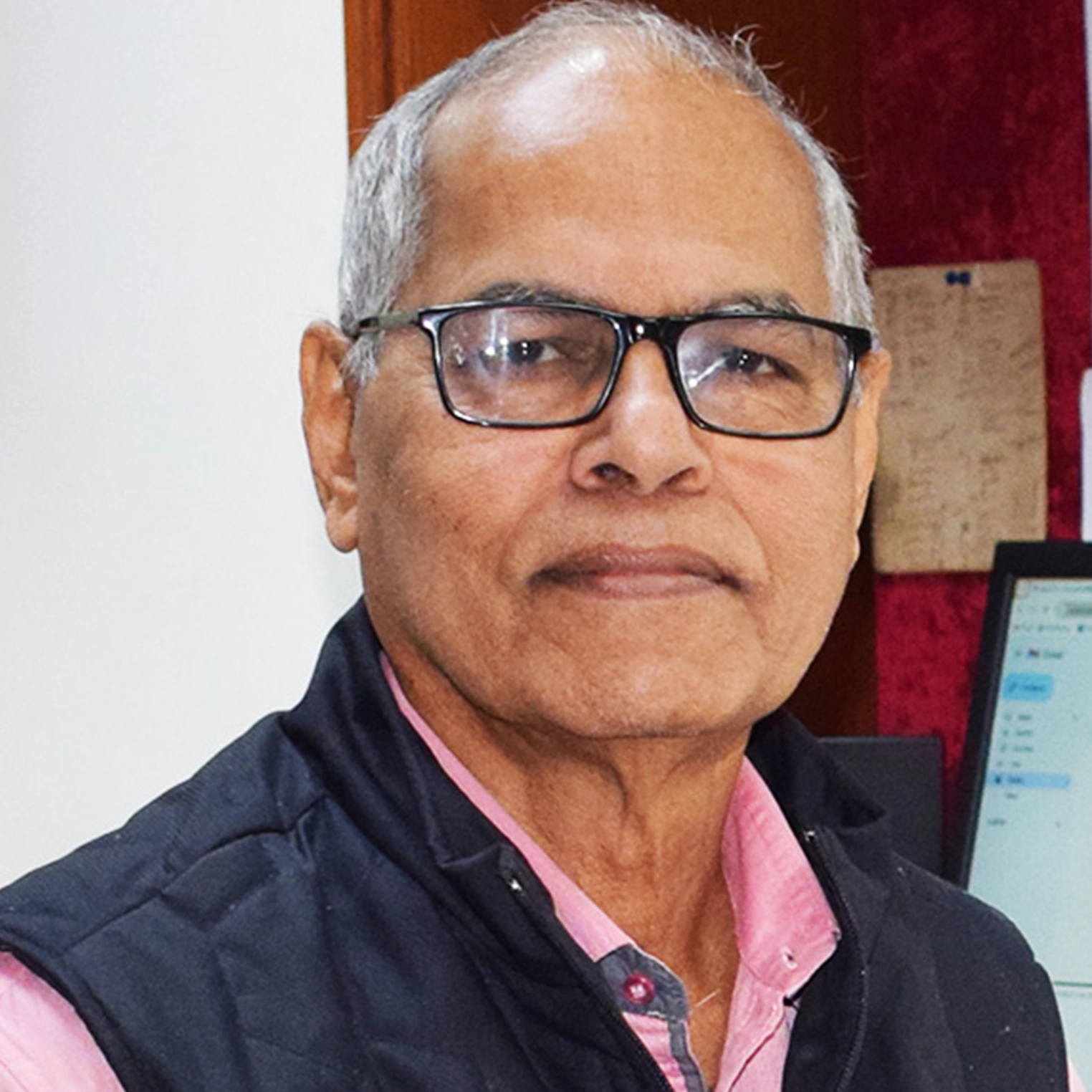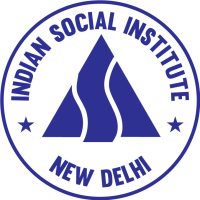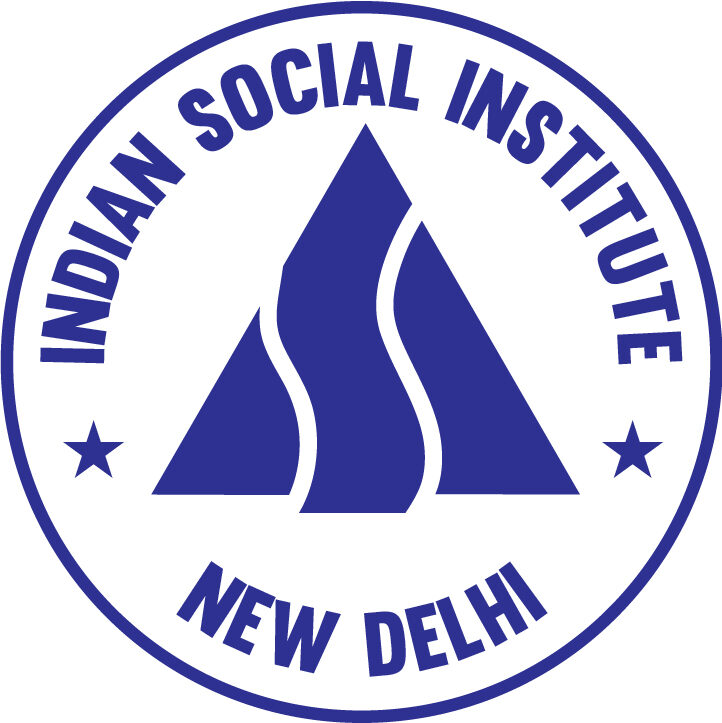
About the Course
Ethnography and Doing Ethnographic Fieldwork
Significance of Ethnographic Studies
“The ethnographic methodology helps to identify the complex processes underlying social phenomena that are unexplainable by quantitative and survey methods. Since social phenomena are complex, they cannot be properly explained or understood without intimate engagement. Ethnography helps investigators answer questions regarding a person’s culture, the cognitive universe, perceived needs, and solutions to various social issues. Qualitative analysis helps to explain why people behave the way they do. How the world is perceived and acted upon by people inhabiting different locations on the social map.”
Purpose of the Courses: What does the course/s offer to the participants?
Three short-term courses will introduce students from various streams and professionals from diverse fields to ethnographic investigation’s basic methods and principles.
The course offers the following insights and develops the following skills.
- 1. Ability to understand concepts such as culture and society, social organisation and relational structures.
- 2. Understand how social hierarchies and inequalities exist, reproduce and legitimise themselves.
- 3. Develop analytical skills in explaining and identifying social causation and praxis.
- 4. Develop skills in establishing rapport and conducting fieldwork to collect qualitative data.
Who can attend the course/s?
Anyone with a graduate degree; any professional including policymakers; academicians and researchers; or persons having a keen interest in studying ethnographic methods can register for the course/s.
Key requirements
The participant should have access to a computer or laptop with a high-speed internet facility.
Registration and Course Fees
- 1. Number of seats (25)
- 2. Registration fees for each course (non-refundable Rs. 500/-)
- 3. Course fees
- 3.1 First course (online) Rs. 5000/- (Five Thousand Only)
- 3.2 Second course (online) R. 5000/- (Five Thousand Only)
- 3.3 Third course (online and offline) Rs. 5000/- (Five Thousand Only)
The course fee amount can be refunded only if requested 15 days before the commencement of the course.
Please Note: Board and lodging at ISI residence can be arranged upon prior request and payment during the offline course on Module 5.
Course Design
Four Modules of 20 sessions (2hrs) each and the fifth Module for doing ethnographic fieldwork.
First Course: Modules One and Two
Concepts and definitions: Culture, Society, Social Relationships, Social Identities (gender, age, kinship, caste, ethnicity), identities, role-playing
Types of societies (rural and urban), groups (primary and secondary), association, community, class, social stratification, inequality and marginalisation.
Second Course: Modules Three and Four
Power, authority, leadership, state, nation, legitimacy, processes of power, citizenship, contestations and conflict in society
Concepts of sacred, religion and society, types of belief systems, sacred ecology, cosmology (concepts of time, space and body), nature and culture, environmentalism and environmental activism
Course Three: Module Five
Ethnography and data collection techniques: Preparation of design, participant observation, interviews, case studies, genealogies, life histories, ethnohistory, subjectivity and objectivity issues, research ethics, analysis, and writing.
Course Schedule
| Schedule | Modules | Dates | Time | Mode |
|---|---|---|---|---|
| Course I | Modules 1 & 2 | July 15 to 30, 2024 | 4 pm to 6 pm | Online |
| Course II | Modules 3 & 4 | To be announced later | 4 pm to 6 pm | Online |
| Course III | Module 5 | To be announced later | 4 pm to 6 pm | Online |
| To be announced later | Fieldwork | |||
| To be announced later | Report writing of the fieldwork | |||
| To be announced later | Presentation of reports and discussion at Indian Social Institute, New Delhi. | Offline | ||
NB: Saturday and Sunday will be off. Dates might change depending on the circumstances. Each Module comprises of 5 lectures of two hours duration each.
Course Certificates: Participants will be provided a certificate on completion of the Course/s.
Resource Persons

Prof. Subhadra C. Mitra
Prof. Subhadra Mitra Channa taught Anthropology at the University of Delhi. She retired from service on 31 October 2016. Her areas of interest are marginalisation and identity, gender, religion and cosmology, ecology and landscapes. She was a Charles Wallace Fellow to the UK (Queen’s University 2000) and a Visiting Professor to MSH, Paris (2002), a Fulbright visiting lecturer to the USA (2003) and a Visiting Professor in 2008-9 to USC, USA, Visiting Prof. to University of Bahia, Brazil, 2019. She has written about ninety scholarly papers and is the author/editor of ten books. She was the president of the Indian Anthropological Association and the editor of the Indian Anthropologist; she was chair of the Commission on the Anthropology of Women (IUAES), Chair of the Commission in Marginalization and Global Apartheid, and was elected vice president as well as a Senior Vice President of IUAES (International Union of Anthropological and Ethnological Sciences). She was awarded the S.C. Roy Memorial Gold Medal by the Asiatic Society for her lifetime contribution to cultural anthropology. Her most recent publications include, ‘Gender in South Asia’ (Cambridge University Press); ‘The Inner and Outer Selves’ (Oxford University Press) and the edited book, ‘Life as a Dalit’(ed.) (Sage Publications) and Gendering Material Culture (ed.), Anthropological Perspectives on Indian Tribes (Orient Blackswan) and Religious Pluralism in India (ed. With Lancy Lobo, Routledge. She is at present the Editor of Reviews in Anthropology (Taylor and Francis)

Prof. Lancy Lobo
Prof. Lancy Lobo has a doctorate in sociology from the Delhi School of Economics, University of Delhi. He was the founder and Director of The Centre for Culture and Development, Vadodara. He also served as Director of the Centre for Social Studies, Surat, under the Indian Council of Social Science Research, Delhi (Ministry of Human Resources). He has extensively studied Dalits, tribals, OBCs and minorities in rural and urban Gujarat. He was an International Fellow at the Woodstock Centre, Georgetown University, Washington, D.C. from 1999 to 2000. He has authored, co-authored, edited, and co-edited 35 books, most of them emerging from the research studies undertaken by him and his team. He is Professor Emeritus and the Research Director at the Indian Social Institute, New Delhi.
For further clarification and other information on the course, please reach out to the Programme Coordinator, Mr. Pascal Tirkey
researchdp2024@gmail.com
011-49534142
09971747353


